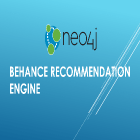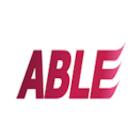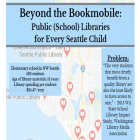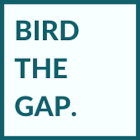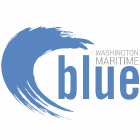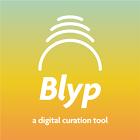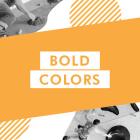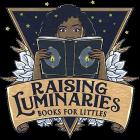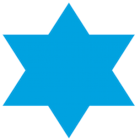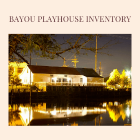
Bayou Playhouse Inventory
Bayou Playhouse, a small theater located in Lockport, Louisiana, holds a collection of costumes and props. However, there was no system in place to keep track of the current collection or any newly obtained items. This is an issue when putting together productions, as the organization often either wastes time looking for an item that may not be there or wastes money repurchasing an item that was already in the collection. To solve this problem, I designed a Microsoft Access database to create an inventory system. In the coming months, I will finish cataloging every item to complete the database.

